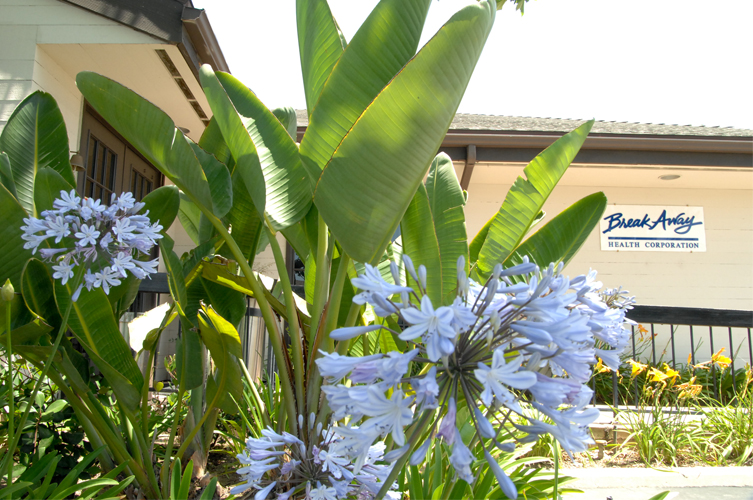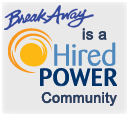 Self care in recovery from drugs or alcohol must be a consistent daily practice for a person who has decided to stop using drugs or alcohol. When a person is actively using, all aspects of the person’s life are neglected. Self care in recovery is about putting all the pieces of one’s well-being back in place.
Self care in recovery from drugs or alcohol must be a consistent daily practice for a person who has decided to stop using drugs or alcohol. When a person is actively using, all aspects of the person’s life are neglected. Self care in recovery is about putting all the pieces of one’s well-being back in place.
There are many facets to self care in recovery from drugs or alcohol, but some simple everyday elements include incorporating physical activity, adopting good nutrition and sleep habits, taking time for leisure and having fun.
Physical Activity
Exercise as part of a program of self care in recovery from drugs or alcohol leads to improved resilience against stress, fatigue, disease and moodiness. Simply moving more is a great way to start increasing physical activity. There are many simple ways to add or increase physical activity in a day:
At Home
- Put on some music and dance while cooking and folding clothes
- Do chores inside and outside the house
- Get up and do some basic exercises or stretching during TV commercials and get up to change the channel
- Join a neighborhood fitness group that is pleasurable
- Walk the dog more
Anywhere
- Choose standing over sitting
- Park or get off the bus as far away from the destination as possible
- Ride a bike or walk to the destination
- Take the long route to the bathroom or lunchroom
- Take the stairs
- Walk around while on the phone
At Work
- Walk to speak to someone at work instead of using phone or email
- Incorporate items from the “Anywhere” list above
Nutrition
Self care in recovery from drugs or alcohol involves healing the mind, body and spirit. What a person eats makes a difference in how the person feels and thinks. Vital nutrients from the foods a person eats also help to heal the physical damage that has occurred in the body due to drugs, alcohol and neglect. Three very basic tips for nutritional self care in recovery from drugs or alcohol are:
- Eat a variety of fresh foods and natural, unprocessed foods. They provide more healing nutrients than packaged, processed items and have less sugar, salt and other additives that create health problems down the road.
- Ingest less sugar, especially refined sugar. Avoiding excessive sugar helps keep moods stable, keep food cravings away, keep energy levels even throughout the day and reduces the risk of obesity and related diseases such as diabetes.
- Eat when hungry, not to ease emotions. A person might eat when bored or lonely in an attempt to change or mask the feeling. But eating for the wrong reasons leads to eating too much or choosing less than healthy options. It also makes a person less likely to identify and address the real reason for the feelings.
Sleep
Getting adequate sleep is critical to one’s daily functioning. Self care in recovery from drugs or alcohol needs to include accepting that one’s sleep habits are very important and then doing things to adequate sleep. Quality sleep is critical to functioning well, making sound decisions and handling stress.
A person does not get quality sleep when actively using drugs or alcohol. In early recovery, sleep patterns might continue to be a problem. But over time, sleep will normalize and become the regenerating, healing time it is meant to be. Three tips for improving sleep are:
- Do not have too much liquid, caffeine, sugar or other food items that will make it harder to fall asleep or require waking up in the middle of the night.
- Develop a routine. Begin darkening the house and/or bedroom at a certain time; take a warm bath or shower at a certain time; and most importantly, go to bed and wake up at the same time every day, even on weekends and special occasions.
- Don’t stay in bed if sleep doesn’t happen within half an hour of lying down. Get up and read or listen to calming music until sleepiness returns. Then try to sleep again. Repeat the cycle until sleep happens. The goal is to train the mind and body to associate bed with the pleasure of rest and sleep, not the stress of not being able to fall asleep.
Leisure and Fun
When a person chooses to stop using drugs and alcohol, a life transformation begins to take place. A person’s life in sobriety will not look anything like the person’s life during active use. It probably won’t even look like the life he had before the using began. A good plan of self care for recovery from drugs or alcohol will incorporate not just responsible behaviors but also leisure and fun into life. Here are some activities that involve leisure, adventure, and fun:
- Giving oneself permission to just lay on the couch and watch a favorite comedy or TV show
- Going biking, hiking, camping or something close to nature
- Going to a movie, concert, play or other fun event
- Joining a fitness or theatre group
- Learning a new hobby, skill or sport
- Listening to or dancing to favorite music
- Volunteering, joining a class or getting involved in some type of social group or association
Self Care in Recovery Goes a Long Way
When a person engages in a consistent, healthy program of self care in recovery from drugs and alcohol, he significantly decreases the odds of returning to drug or alcohol use. A person who is serious about recovery will explore and incorporate many different types of self care into his life including the basics of physical activity, good nutrition, quality sleep, fun and leisure.
 Call Today! (800) 910-9299
Call Today! (800) 910-9299







Speak Your Mind
You must be logged in to post a comment.